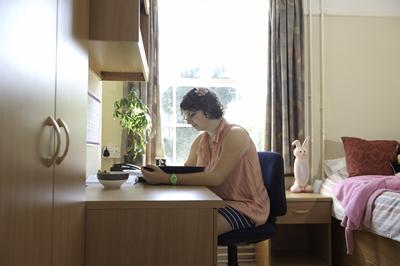Getting used to the demands of academic reading and note-taking is a skill that takes practice - especially when reading resources like academic journals that are often published by specialists in their respective fields.

Academic reading differs from recreational reading. Getting used to the demands of academic reading can take some adjustment, and it is a skill that improves with practice. There are a number of techniques that can be used when embarking on academic reading. Pages 4-6 of our academic guide Navigating the Page outlines these techniques and when they are most appropriate to use.
One of the most important parts of academic reading is maintaining focus on critical thinking. When we read resources as researchers, there is an expectation to scrutinise and evaluate information put to us in order to weigh up arguments, evidence and conclusions. This means asking questions like:
- Who is the author/speaker?
- What are the main arguments and what evidence is used?
- Where was this resource published/where did I find it?
- When was the resource produced?
- What are the general strengths/weaknesses of the resource?
You will also need to give some thought as to how you will record notes from the readings that you undertake. The focus should be on making notes about information most relevant to your question. One possible way to do this is to compile a source evaluation table; an organised and easy to access document. When writing or typing up notes, it is also important to:
- Write the notes in your own words - unless you are specifically looking to include an excerpt as a quote, trying to write notes in your own words. By doing this, you are forcing yourself to really think about the information and writing it in a way that is accessible once you return to it later on.
- Add your comments - if you identify a key issue, strength or weakness with information you encounter, note it down as you go along. Relying on your memory can sometimes mean forgetting important thoughts you've had about a resource, which is frustrating!
- Include the page number - if applicable, remember to include the page number when you note down information, especially if you intend to quote it - this is useful for academic referencing purposes, but also if you need to return to the information later on.
Links to external websites
- Royal Literary Foundation - How not to read
- Skills You Need - Critical thinking skills
- The Open University - Note-taking techniques
The University cannot accept responsibility for external websites.